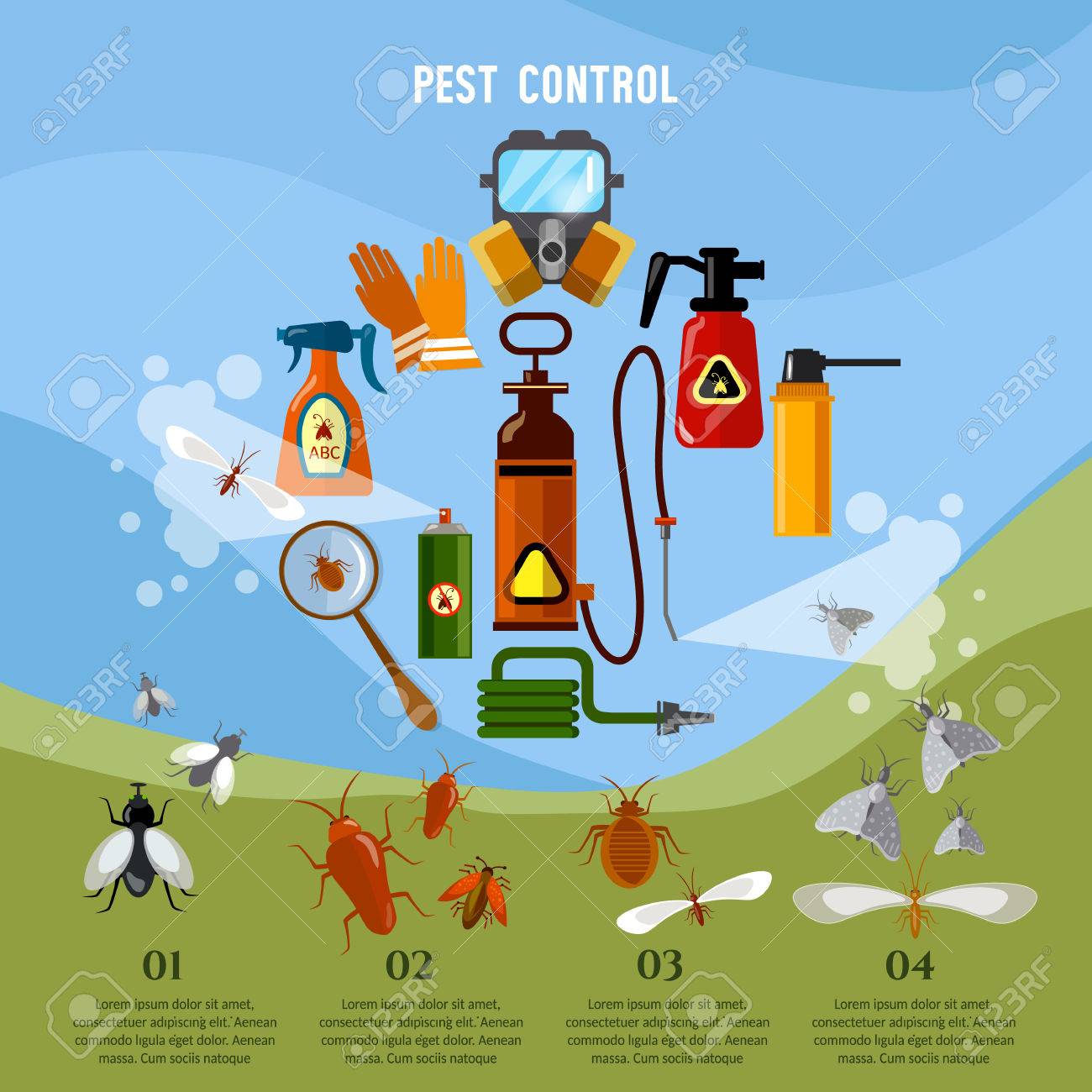Tips For Maintaining Outside Bugs Far From Your Garden
Tips For Maintaining Outside Bugs Far From Your Garden
Blog Article
Web Content Created By-Walters Qvist
Visualize your yard as a sanctuary, a location of tranquility and appeal. However, the presence of outside insects can quickly interrupt this ideal picture. Suppose there were easy yet effective methods to keep these unwanted visitors away and secure your garden oasis? By following a few sensible suggestions and carrying out all-natural strategies, you can create an unified outside space where your plants can prosper uninterrupted.
Natural Pest Deterrents
To maintain parasites away from your yard naturally, plant aromatic herbs like mint and lavender. These great smelling plants not just include appeal to your garden but additionally work as effective insect deterrents. Insects like insects, flies, and even some garden-damaging insects are warded off by the strong aromas discharged by these herbs. Simply placing them purposefully around your garden can help create a natural obstacle against undesirable parasites.
In addition to mint and lavender, take into consideration growing other natural herbs like rosemary, basil, and lemongrass to additionally enhance your garden's pest-proofing capabilities. These natural herbs not only work as natural repellents yet additionally have actually the added advantage of working in food preparation or crafting self-made solutions.
Strategic Plant Positioning
Think about the layout of your garden and the sorts of plants you need to strategically put them for optimum pest-proofing effectiveness.
Start by grouping plants with similar resistance to insects with each other. By doing this, you can produce a natural barrier that hinders insects from spreading throughout your garden.
In addition, positioning pest-repelling plants like marigolds, lavender, or mint near even more at risk plants can help secure them. High plants, such as sunflowers or corn, can act as a shield for shorter plants versus insects like bunnies or ground-dwelling insects.
Bear in mind to leave enough room between plants to improve air circulation and decrease the danger of conditions that pests might lug.
In addition, consider planting strong-smelling natural herbs like rosemary or basil near prone plants to puzzle insects' senses and make it harder for them to find their targets.
Efficient Parasite Control Methods
For combating yard insects successfully, applying a multi-faceted insect control method is essential. Begin by urging all-natural killers like birds, ladybugs, and hoping mantises to assist keep insect populations in check. Presenting plants that bring in these useful bugs can assist in insect control. Additionally, exercising visit the following web page by getting rid of particles and weeds where bugs might conceal can make your garden less friendly to unwanted visitors.
Take into consideration using physical barriers such as row cover materials or netting to safeguard prone plants from bugs like caterpillars and birds. Applying natural chemicals like neem oil or insecticidal soap can additionally work against specific parasites while being less unsafe to valuable pests and the setting. It's essential to revolve your plants each season to avoid the buildup of pest populations that target certain plants.
Consistently inspect your plants for signs of insect damage so you can do something about it promptly. By integrating these methods and staying watchful, you can successfully manage yard parasites and enjoy a flourishing, pest-free garden.
Conclusion
So, there you have it - with the right techniques, you can maintain pesky outdoor pests away from your yard and aid your plants grow.
Did you know that planting mint has been shown to drive away mosquitoes and other bugs, lowering the demand for hazardous pesticides by as much as 60%?
By including all-natural deterrents and clever growing methods, you can create a gorgeous and pest-resistant garden oasis for you to enjoy.
